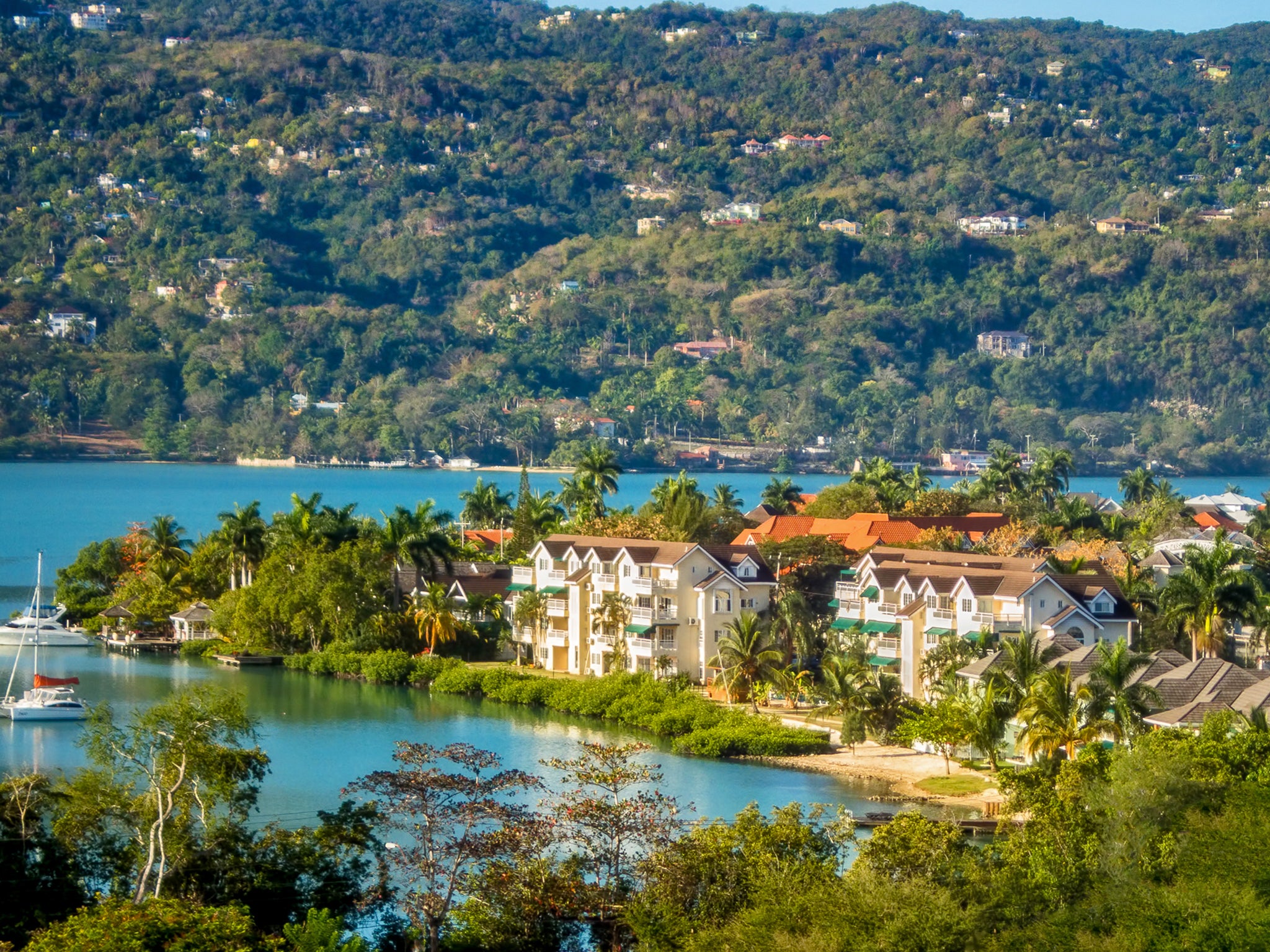Jamaica: Montego Bay state of emergency extended to May
‘We must take back control of our country and we must dismantle the network of organised crime’ - Jamaica's prime minister

Jamaica’s State of Public Emergency for the Montego Bay area has been extended until 2 May.
The order allows the island’s military to support the police in joint security operations. It was first announced last month in response to a surge in violence in the parish of St James, which includes Montego Bay - the main arrival point for British holidaymakers and cruise passengers, and the island’s premier resort.
At the time, the Foreign Office advised UK tourists to “stay in their resorts and limit travel beyond their respective security perimeters”.
Jamaica’s House of Representatives voted unanimously to extend the State of Public Emergency for a further three months.
The prime minister, Andrew Holness, said: “It was not anticipated that all that is required would be accomplished in 14 days. It is reasonable to expect that even with extraordinary powers, it will take some time to affect the situation in St James.
“We will be targeting both the street-level criminal and the facilitators.
“While we acknowledge that there will be some disruption and fallout, we must take back control of our country and we must dismantle the network of organised crime.”
The Foreign Office has updated its advice, saying: “Security operations are ongoing and further activity could occur with little or no notice.
“You should exercise caution if you’re in the area, particularly if travelling at night, and follow the advice of the local authorities, including any restrictions. These may also result in road closures or travel delays, and the operating hours of some businesses may be subject to change.”
The island’s police have announced that shops must close at 8pm, service stations at 11pm and clubs and fast-food restaurants at 2am.
Jamaica has seen sustained growth in UK holidaymakers since 2012.
Of around 200,000 annual British visitors to the island, 130,000 are tourists, while 55,000 are visiting friends and relatives. The peak months for visits from the UK are July, August and December.
Join our commenting forum
Join thought-provoking conversations, follow other Independent readers and see their replies
Comments
Bookmark popover
Removed from bookmarks